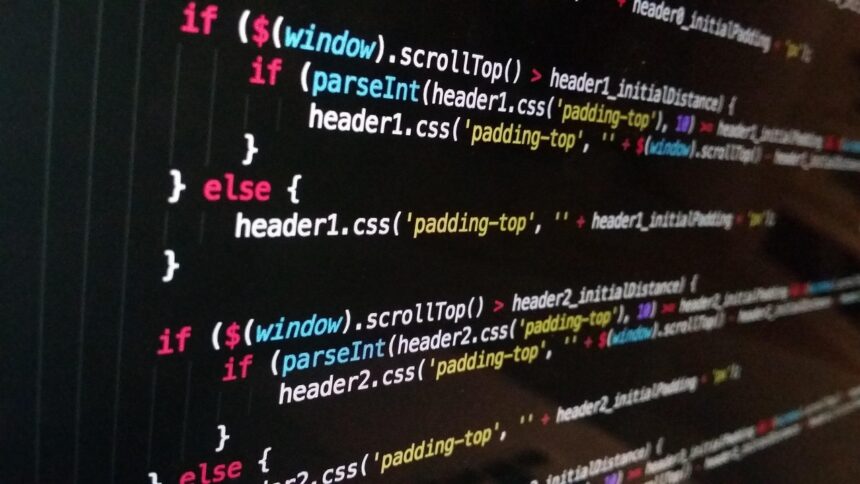How to Generate UUIDs with Laravel Helpers
In the world of software development, unique identifiers are crucial for managing resources and records. One of the most widely used types of unique identifiers is the UUID (Universally Unique Identifier). In this tutorial, we will explore how to generate UUIDs using Laravel helpers, providing you with a comprehensive guide that covers practical examples and best practices.
- What is a UUID?
- Why Use UUIDs?
- Generating UUIDs with Laravel
- Best Practices for Using UUIDs
- Common Use Cases for UUIDs
- Checklist for Implementing UUIDs in Laravel
- Frequently Asked Questions (FAQs)
- 1. What is the difference between UUID and Auto-Increment IDs?
- 2. Can I use UUIDs as foreign keys?
- 3. Are UUIDs slower than integer keys?
- 4. How does Laravel ensure UUID uniqueness?
- 5. Can I convert UUIDs to a different format?
- Conclusion
What is a UUID?
A UUID is a 128-bit number used to uniquely identify information in computer systems. The format of a UUID is typically represented as a string of hexadecimal digits, displayed in five groups separated by hyphens. For example:
550e8400-e29b-41d4-a716-446655440000
Why Use UUIDs?
- Uniqueness: UUIDs are designed to be globally unique, reducing the risk of collisions.
- Distributed Systems: UUIDs are particularly useful in distributed systems where multiple independent nodes generate identifiers.
- Database Compatibility: Many databases support UUIDs as primary keys, which can enhance performance in certain scenarios.
Generating UUIDs with Laravel
Laravel provides built-in support for generating UUIDs through its helper functions. The following sections will detail how to create and utilize UUIDs in a Laravel application.
1. Using the Str::uuid() Helper
Laravel’s Str::uuid() method allows you to easily generate a UUID. Here’s how to use it:
use IlluminateSupportStr; $uuid = Str::uuid(); echo $uuid; // Outputs a UUID
2. Storing UUIDs in the Database
When storing UUIDs in your database, it’s important to set the appropriate column type. You should use a char(36) column for storing the UUIDs. Here’s a simple migration example:
Schema::create('users', function (Blueprint $table) {
$table->char('uuid', 36)->primary();
$table->string('name');
$table->timestamps();
});
3. Model Setup
To automatically generate a UUID when creating a new model instance, you can use Laravel’s boot() method in your model:
use IlluminateSupportStr;
class User extends Model
{
protected static function boot()
{
parent::boot();
static::creating(function ($model) {
$model->uuid = (string) Str::uuid();
});
}
}
Best Practices for Using UUIDs
- Always use a reliable method to generate UUIDs to ensure their uniqueness.
- Consider the implications of using UUIDs as primary keys in terms of performance, especially in large datasets.
- Ensure that your database indexes are optimized for UUIDs.
Common Use Cases for UUIDs
UUIDs can be beneficial in various scenarios, including:
- Creating unique identifiers for users in a multi-tenant application.
- Tracking resources across different microservices.
- Implementing secure APIs where resource IDs should not be predictable.
Checklist for Implementing UUIDs in Laravel
- ✔️ Ensure your database schema supports UUIDs.
- ✔️ Use the
Str::uuid()method for generating UUIDs. - ✔️ Automate UUID generation in your models.
- ✔️ Test for uniqueness in your application.
Frequently Asked Questions (FAQs)
1. What is the difference between UUID and Auto-Increment IDs?
UUIDs are globally unique and can be generated independently, while auto-increment IDs are sequential and limited to a single database instance.
2. Can I use UUIDs as foreign keys?
Yes, you can use UUIDs as foreign keys as long as the related tables are set up to accept UUIDs.
3. Are UUIDs slower than integer keys?
While UUIDs can be slightly slower due to their size, the difference is often negligible in modern databases.
4. How does Laravel ensure UUID uniqueness?
Laravel generates UUIDs using the ramsey/uuid library, which follows standard UUID generation algorithms to ensure uniqueness.
5. Can I convert UUIDs to a different format?
Yes, UUIDs can be encoded in various formats, such as Base64, if needed for specific use cases.
Conclusion
Generating UUIDs in Laravel is a straightforward process using the built-in helpers. By following best practices and utilizing the features of the framework, you can effectively manage unique identifiers in your applications. Whether you’re building a new feature or integrating UUIDs into an existing system, this guide should serve as a valuable resource.






